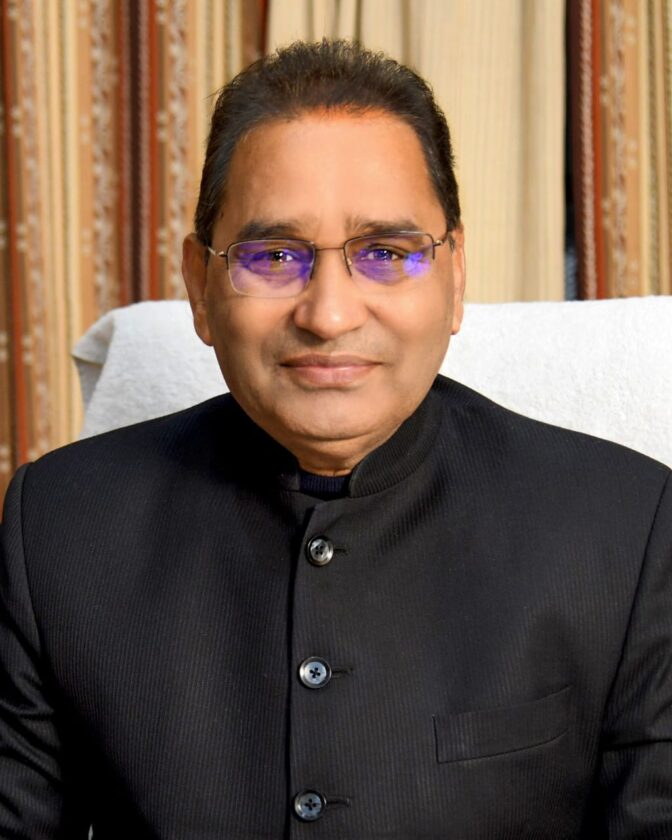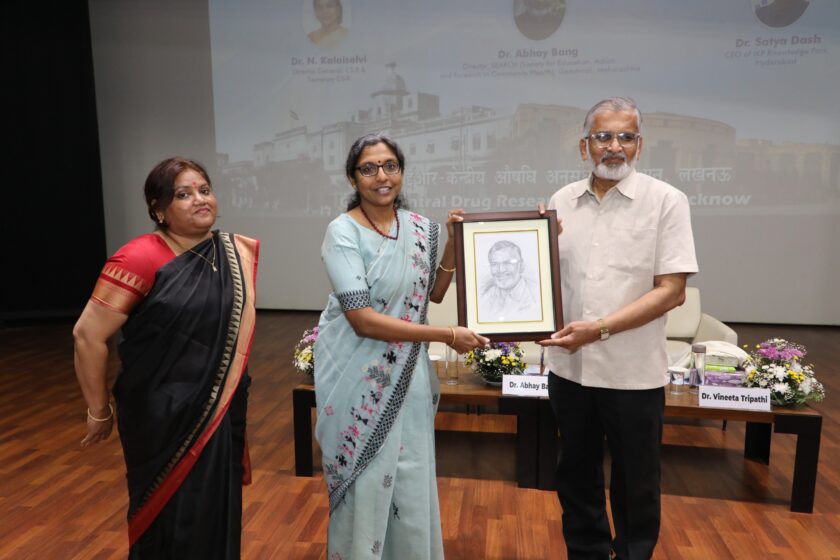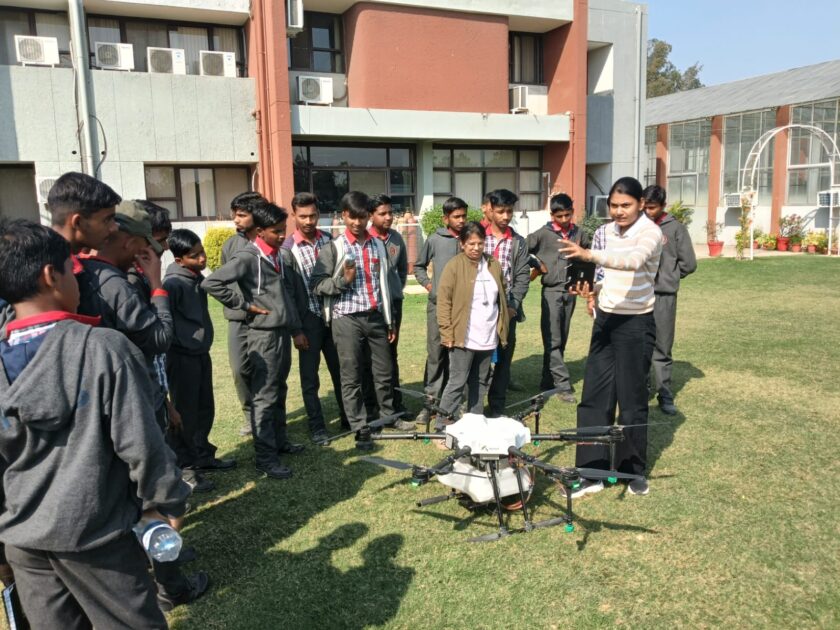Lucknow: Mayawati’s Bahujan Samaj Party (BSP) is currently embroiled in a complex and bitter legacy battle, one that intertwines her personal leadership, the party’s ideological roots, and its diminishing political relevance. This struggle is not just about her succession but also about preserving the vision of BSP founder Kanshi Ram, while navigating internal dissent, electoral decline, and the rise of competing Dalit leaders. Below is a detailed analysis of this multifaceted crisis.
The Foundation of BSP and Mayawati’s Rise
The BSP was founded in 1984 by Kanshi Ram with a mission to empower the “Bahujans”—a term encompassing Scheduled Castes (SC), Scheduled Tribes (ST), Other Backward Classes (OBC), and religious minorities, who collectively form a numerical majority but have historically been marginalized. Inspired by B.R. Ambedkar’s philosophy, Kanshi Ram sought to unite these groups into a cohesive political force. Mayawati, a former schoolteacher from a Dalit family, was handpicked by Kanshi Ram as his protégé and named his successor in 2001. She assumed the party presidency in 2003 after his death in 2006, becoming a symbol of Dalit empowerment.
Under Mayawati’s leadership, the BSP achieved significant milestones, most notably in 2007 when it won a majority in the Uttar Pradesh (UP) Assembly elections, securing 206 out of 403 seats. This victory was a testament to her ability to expand the party’s base beyond Dalits by incorporating upper castes, particularly Brahmins, into its fold—a strategy dubbed “social engineering.” Her four terms as UP Chief Minister (1995, 1997, 2002-03, and 2007-12) cemented her status as a formidable Dalit leader, often hailed as a “miracle of democracy.”
The Decline of BSP’s Electoral Fortunes
However, the BSP’s fortunes have plummeted since its 2007 peak. The party’s vote share and seat tally have steadily declined, reflecting a loss of its core support base and an inability to adapt to shifting political dynamics. In the 2014 Lok Sabha elections, despite being the third most-voted party nationally, BSP failed to win a single seat. In UP, its stronghold, the party’s performance has been dismal: it won just 1 seat in the 2022 Assembly elections (down from 206 in 2007) and secured no seats in the 2024 Lok Sabha elections, with its vote share dropping to 9.4%. This decline is stark when compared to its 19.3% vote share in the 2019 general election, where it won 10 seats in alliance with the Samajwadi Party (SP).
Several factors have contributed to this erosion:
Loss of Core Voters: The BJP has successfully wooed non-Jatav Dalits, Muslims, and OBCs—traditional BSP supporters—through a mix of Hindu nationalism and welfare schemes. The SP, under Akhilesh Yadav’s “PDA” (Pichda, Dalit, Alpsankhyak) pitch, has also made inroads into BSP’s non-Jatav Dalit base.
Internal Stagnation: Mayawati’s centralized leadership has stifled new talent, leading to accusations of ticket-selling and factionalism. The party has struggled to evolve its messaging or strategy to counter the BJP’s dominance or the SP’s resurgence.
Perception of Irrelevance: Critics argue that Mayawati’s reluctance to join broader opposition alliances (e.g., the INDIA bloc) and her perceived softness toward the BJP have alienated voters, earning BSP the label of the BJP’s “B-team.”
The Succession Crisis: Akash Anand and Beyond
A central element of the legacy battle is the question of succession. Kanshi Ram had envisioned Mayawati as the torchbearer of his movement, but her choice of successor has sparked controversy. In December 2023, she named her nephew, Akash Anand, as her political heir, only to sack him in May 2024 during the Lok Sabha campaign for his aggressive anti-BJP rhetoric, citing “political immaturity.” She briefly reinstated him in June 2024, but expelled him again in March 2025, alongside his father-in-law Ashok Siddharth, accusing them of arrogance and factionalism. This flip-flopping has deepened internal rifts and raised doubts about Mayawati’s judgment.

Akash’s expulsion is significant because he represented a potential bridge to younger voters, a demographic where BSP has lost ground to emerging leaders like Chandrashekhar Azad of the Azad Samaj Party (ASP). Azad’s victory in Nagina in 2024—where BSP finished a distant fourth—highlighted the generational shift among Dalits, particularly Jatavs (Mayawati’s caste), who form a core part of BSP’s base. Mayawati’s refusal to name a new successor after Akash’s exit has fueled speculation that she intends to retain absolute control, risking the party’s future after her tenure.
Challenges to Kanshi Ram’s Legacy
The legacy battle extends beyond succession to the ideological core of the BSP. Kanshi Ram’s vision was to unite the Bahujans into a self-reliant political force, free from upper-caste dominance. However, Mayawati’s critics—both within and outside the party—argue that she has deviated from this path. Former BSP leaders like Daddu Prasad and R.K. Chaudhary, who have organized rival rallies, accuse her of diluting the party’s focus by courting upper castes and prioritizing personal power over the movement. Chaudhary, now an SP MP, claims that Akhilesh Yadav is the true inheritor of Kanshi Ram’s Bahujan vision, pointing to SP’s growing Dalit support.
Mayawati’s tenure has also been marred by allegations of corruption and self-aggrandizement—hundreds of statues of herself and Kanshi Ram erected during her 2007-12 term became symbols of excess rather than empowerment. These controversies have tarnished her image and the party’s credibility, making it harder to reclaim the moral high ground of Kanshi Ram’s mission.
The Rise of Rivals and External Pressures
The emergence of Chandrashekhar Azad poses a direct threat to Mayawati’s legacy. Young, assertive, and rooted in the Jatav community, Azad has positioned himself as a fresh alternative to BSP’s aging leadership. His ASP’s success in Nagina, a seat BSP won in 2019, underscores the party’s vulnerability. Meanwhile, the BJP and SP continue to chip away at BSP’s voter base, with the former leveraging its governance record and the latter capitalizing on anti-BJP sentiment.
Externally, Mayawati faces legal and political pressures, including CBI probes into alleged corruption, which critics claim are politically motivated but nonetheless weaken her position. Her decision to distance BSP from both the NDA and INDIA alliances has left the party isolated, reducing its bargaining power in coalition politics.
Mayawati’s Fight to Reclaim Relevance
Despite these challenges, Mayawati remains a resilient figure. Her loyal Jatav base, though diminished, could still provide a foundation for revival if she adapts her strategy. Efforts to rebuild include forming new committees with Dalit coordinators and reviving Kanshi Ram’s slogan, “Jiski Jitni Sankya Bhaari, Uski Utni Hissedaari” (representation proportional to population). However, her refusal to join hands with the SP or Congress—despite overtures from the latter—suggests a gamble on going solo, a risky move given BSP’s current weakness.
The 2027 UP Assembly elections loom as a do-or-die moment. A poor showing could cement BSP’s irrelevance, paving the way for Azad or the SP to claim the Dalit mantle. Conversely, a resurgence could reaffirm Mayawati’s legacy as a transformative leader.
Mayawati’s BSP is fighting a bitter legacy battle on multiple fronts: preserving Kanshi Ram’s vision, resolving the succession crisis, countering internal dissent, and staving off electoral oblivion. Her leadership, once a beacon of Dalit pride, is now questioned for its rigidity and inability to adapt. Whether she can navigate this storm and secure her place in history—or whether her legacy will fade with the party’s decline—depends on her ability to reconcile the past with the demands of a rapidly changing political landscape. For now, the elephant, BSP’s symbol, trudges through uncertain terrain, its roar muted but not yet silenced.









